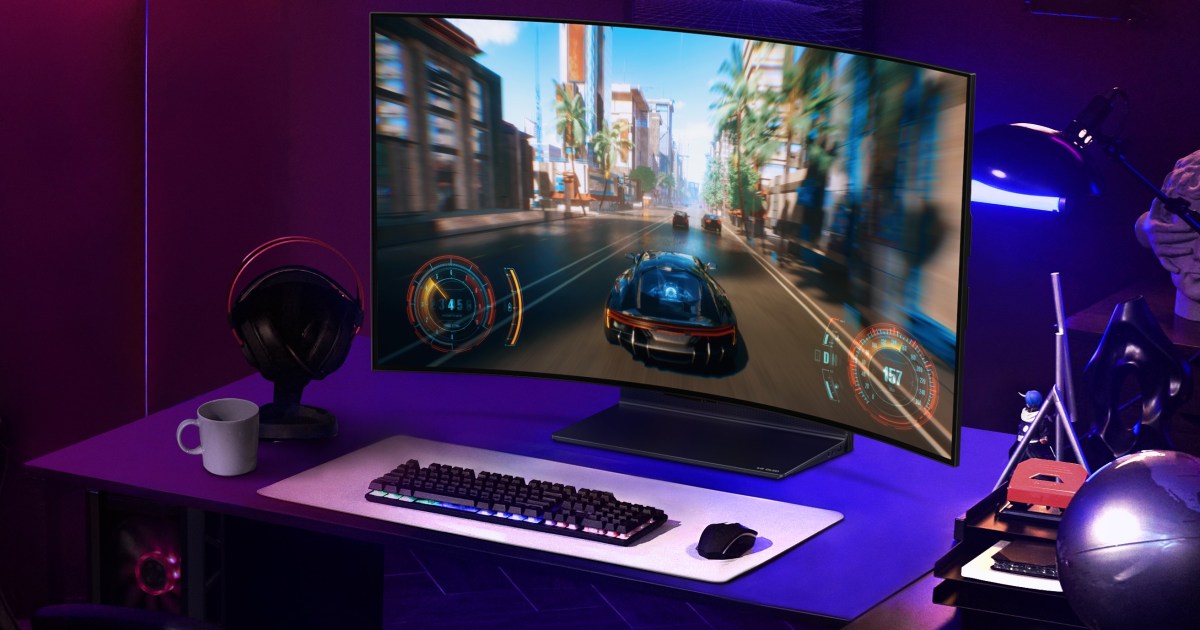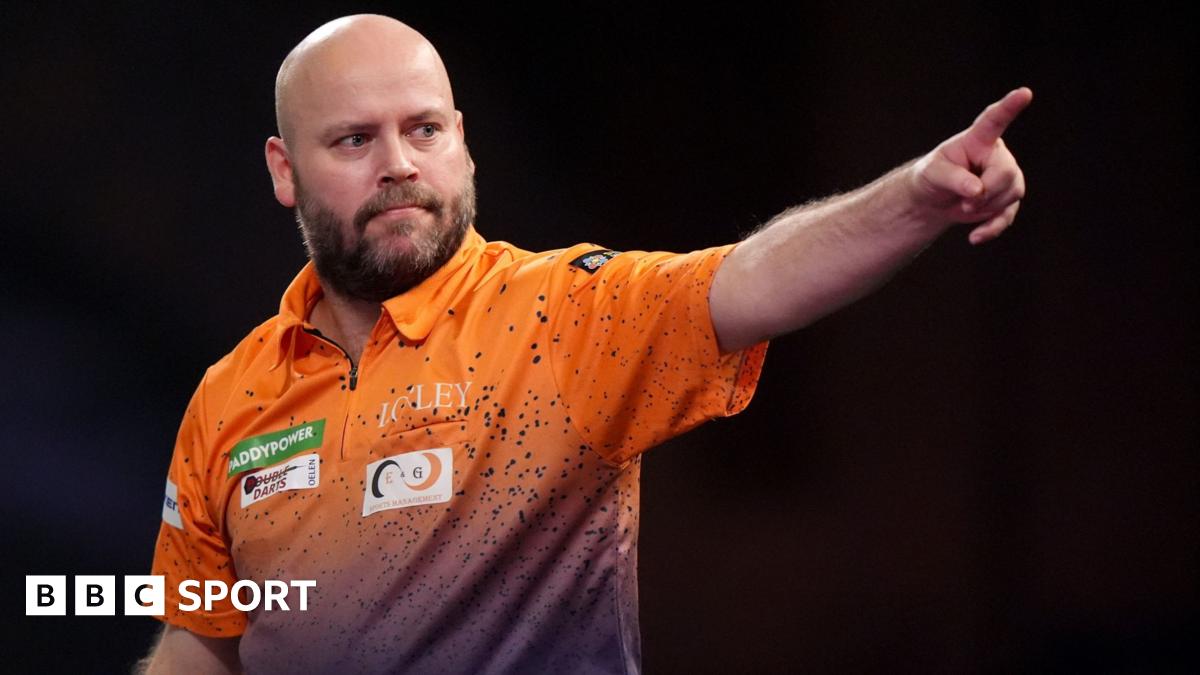Bussiness
LinkedIn cofounder Reid Hoffman says work-life balance isn’t possible in the startup game
- Reid Hoffman discussed the lack of work-life balance in startup culture on “Diary of a CEO” podcast.
- Hoffman emphasized the “intense” and competitive nature of startups for achieving success.
- Sacrifices that come with startup work include dinner at the office and working on the weekends.
Reid Hoffman got real about the lack of work-life balance when you’re trying to build a company.
The LinkedIn cofounder explained during an episode of the “Diary of a CEO” podcast why startup employees shouldn’t expect that if they want their business to take off.
“Work-life balance is not the startup game,” Hoffman said.
Before it became a large platform for professionals, LinkedIn was a startup. Hoffman explained that early employees with families were allowed to spend time at home — with the expectation that they’d also be getting work done.
“The people who think it’s toxic don’t understand the toughness of the startup game, and they’re just wrong,” Hoffman said.
The nature of building budding companies, according to Hoffman, is “intense,” and that intensity is necessary at any startup if its workers want it to be a success. That often means working on Saturday mornings and sacrificing time for a personal life.
“We served dinner at the office at PayPal, and that was a deliberate thing,” Hoffman, who was a part of the company during its early days, said.
Hoffman said there are only two instances when startup employees can balance their lives and work more evenly: a super-small startup that doesn’t have much competition or a startup that has worked hard enough to outpace competitors by a long distance.
Recently business leaders, like Airbnb CEO Brian Chesky, have popularized the term “founder mode” to describe being a present and detail-oriented leader. Chesky previously said that founders go wrong by letting go of their product and delegating tasks instead of getting into the details of their company.
Startup culture may sound toxic, but it’s a choice, Hoffman said. He compared it to training to become an elite athlete — swimming only two hours a day probably won’t lead you to an Olympic team.
“Choose what your life’s about. No one says you have to do that,” he said.










